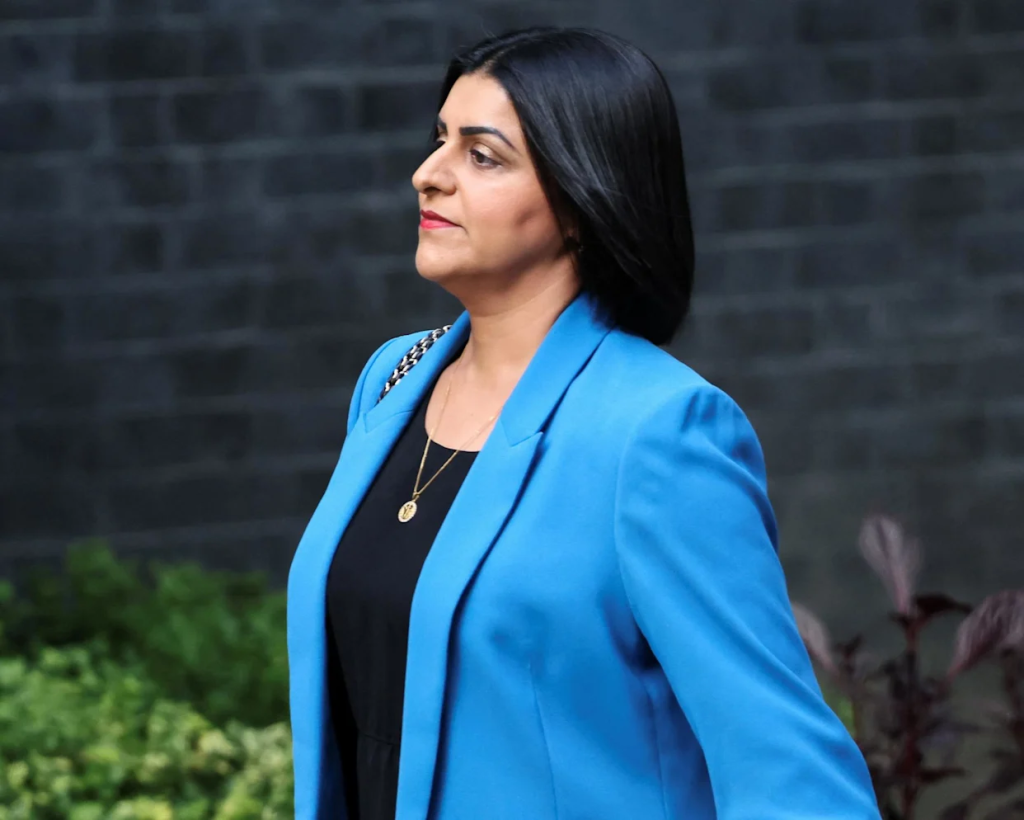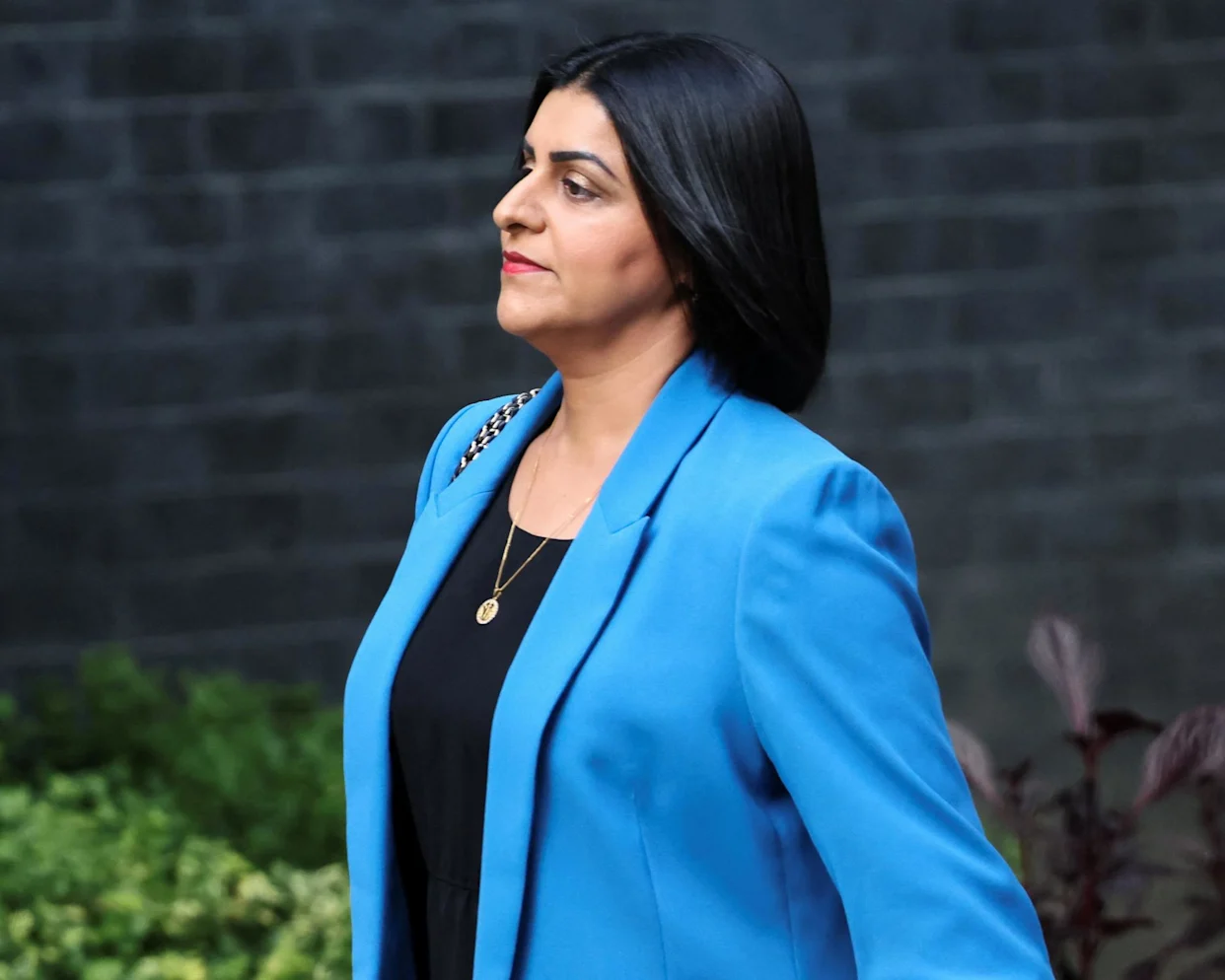Shabana Mahmood’s elevation from Lord Chancellor to Home Secretary — making her the first Muslim woman to hold one of the UK’s “great offices of state” — marks a historic milestone. But it also places her at the centre of some of Britain’s most politically toxic debates.
The Birmingham Ladywood MP built a reputation as an effective Justice Secretary, winning support for pushing through controversial policies such as early-release schemes for prisoners and sentencing reform. Yet her new portfolio — immigration, national security and policing — pits her directly against the forces eroding Labour’s support base, notably Nigel Farage’s Reform UK.
Successive Conservative Home Secretaries — and Mahmood’s own predecessor, Yvette Cooper — have failed to stem the rise in Channel crossings. Critics say the government’s focus on enforcement ignores the “push factors” of war, famine and climate change that drive migration. Despite this, Labour campaigned on promises to “smash” smuggling gangs and cut small-boat arrivals, a pledge already under strain: since Labour took power, crossings have topped 50,000, while criminal networks continue to operate largely unhindered in northern France.
Mahmood, of Pakistani heritage and representing a constituency that is about 70% non-white, has signalled she will pursue stricter policies against “irregular” asylum seekers — making it easier to remove them and harder to claim asylum. In a May interview with The Spectator, she argued that her constituents support a “fair, managed migration system” built on rules, and criticised the Labour left for being “in a tangle” over migration controls.

But Labour’s record complicates her task. Having condemned the Conservatives for using hotels to house asylum seekers, Starmer’s government now faces the same practice, public anger and even violent protests. Numbers in hotel accommodation have risen 8% to 32,059, amid incidents including sexual assaults by an asylum seeker in Essex. Mahmood is expected to accelerate asylum processing, toughen appeals and expand alternative accommodation — from disused military bases to warehouses and “modular” housing units.
The political stakes are high. Reform UK’s calls for “net zero immigration” helped it take a safe Labour seat in Runcorn and Helsby. In response, Starmer promised to slash legal migration, including restrictions on study and work visas and new English-language tests — potentially cutting arrivals by 100,000. Mahmood herself defended Starmer’s warning that without curbs the UK risked becoming “an island of strangers,” a phrase critics likened to Enoch Powell’s infamous “rivers of blood” speech.
Yet efforts to bring net migration down will collide with business, university and NHS demands for overseas labour. Mahmood also inherits a fraught security decision: whether to uphold Yvette Cooper’s move to proscribe Palestine Action as a terrorist organisation after its protest at RAF Brize Norton caused £7 million in damage. Thousands have condemned the ban as disproportionate, saying it stretches the definition of terrorism.
This comes as Labour’s stance on Gaza has already cost Mahmood politically: at the 2024 election her majority fell to about 3,500 against an independent accusing her of betraying Palestinian children. Demonstrations planned in Parliament Square this weekend — where participants risk arrest for supporting Palestine Action — show how the issue could haunt her tenure.
In short, Mahmood’s appointment is both historic and perilous: she embodies Labour’s diversity pitch but must deliver on policies — immigration crackdowns, asylum reforms, and counterterrorism decisions — that risk alienating the very communities she represents.



